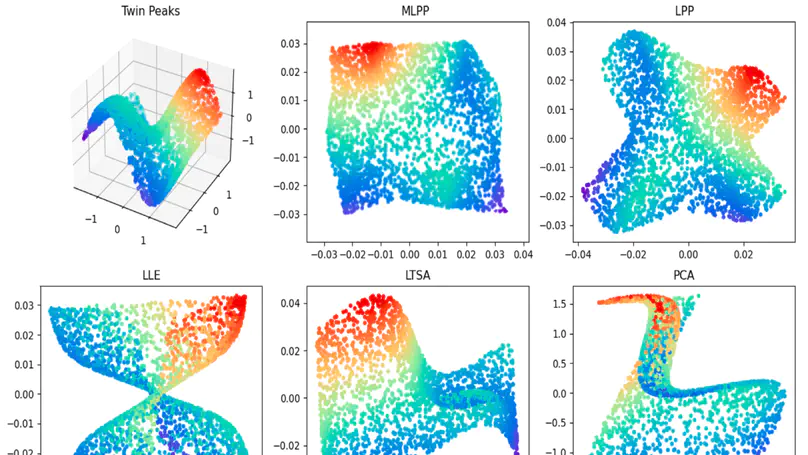Zohaib Hassan
Postdoctoral Fellow
International Center for Primate Brain Research, Institute of Neuroscience, Chinese Academy of Sciences, China
About Me
Zohaib Hassan’s research is situated at the intersection of machine learning, data analysis, and neuroscience. He earned his Ph.D. in Control Science and Engineering under the supervision of Prof. Hu Lisheng at Shanghai Jiao Tong University, China. His doctoral research focused on manifold learning techniques for feature extraction and geometry recovery with an emphasis on fault detection. Following his Ph.D., Zohaib pursued postdoctoral research at the Research Center for Frontier Fundamental Studies of Zhejiang Lab in Hangzhou, China, under the mentorship of Prof. Dongping Yang, where he applied machine learning methodologies to the study of sleep dynamics and epilepsy. Currently, as a member of the Dynamic Embodied Brain Laboratory (Henry C. Evrard) at the International Center for Primate Brain Research, Shanghai, he is engaged in the advanced analysis of multidimensional neural and bodily activity data.
Download my resumé.
- Artificial Intelligence
- Machine Learning
- Deep Learning
- Computational Neuroscience
- Data Analysis
- Feature Extraction
- Control Science
Postdoctoral Research Fellow
Institute of Neuroscience, Shanghai, China
Postdoctoral Research Fellow
Zhejiang Lab, Hangzhou, China
PhD in Control Science and Engineering
Shanghai Jiao Tong University, China
Masters in Electrical Engineering
COMSATS Institute of Information Technology, Pakistan
Bachelors in Electrical Engineering
University of Engineering & Technology Taxila, Pakistan
Skills
Featured Publications

Principal component analysis (PCA) is widely adopted in local tangent space alignment (LTSA) to estimate local tangent spaces. These estimates are only accurate when uniformly distributed data lies in or close to linear subspaces. In practice, such conditions are rarely satisfied. Therefore, this approach fails to reveal manifold intrinsic features, resulting in degraded fault detection accuracy. Considering the drawbacks, weighted linear local tangent space alignment (WLLTSA), a manifold learning method is put forward. First, weighted PCA is adopted to provide local tangent space estimates. The parameter selection criterion for the weight matrix is established by taking the context of geometric preservation into account. Second, global low dimensional coordinates are formed by aligning local coordinates with global feature space. Finally, the fault detection model is developed, and KDE is utilized to approximate confidence bounds for T^2 and SPE statistics. WLLTSA is applied to fault detection and feature extraction.

Dimensionality reduction methods based on manifold learning are widely adopted for industrial process monitoring. However, in many situations, these methods fail to preserve manifold intrinsic features in low-dimensional space, resulting in reduced process monitoring efficacy. To overcome this problem, a modified locality preserving projection (MLPP) based on the Riemannian metric is put forward. First, the Riemannian metric, which embodies a manifold’s geometric information, is estimated from process data. Then, the low dimensional embedding coordinates obtained from LPP are supplemented with an estimate of the Riemannian metric. Finally, a process monitoring model is developed, and kernel density estimation is utilized to approximate confidence bounds for T^2 and SPE statistics. The proposed MLPP method is applied to the feature extraction of the Twin-Peaks dataset, fault detection of hot strip mill, steam turbine system and Tennessee Eastman processes. The effectiveness of the MLPP method is compared with both the manifold learning and deep learning approaches. In addition, the proposed method is evaluated under various noisy conditions. The average fault detection rate of 98.9%, 99.6% and 84.4% in hot strip mill, steam turbine system and Tennessee Eastman processes, respectively, are higher than the existing methods. Quantitative results indicate the superiority of the proposed MLPP method.
